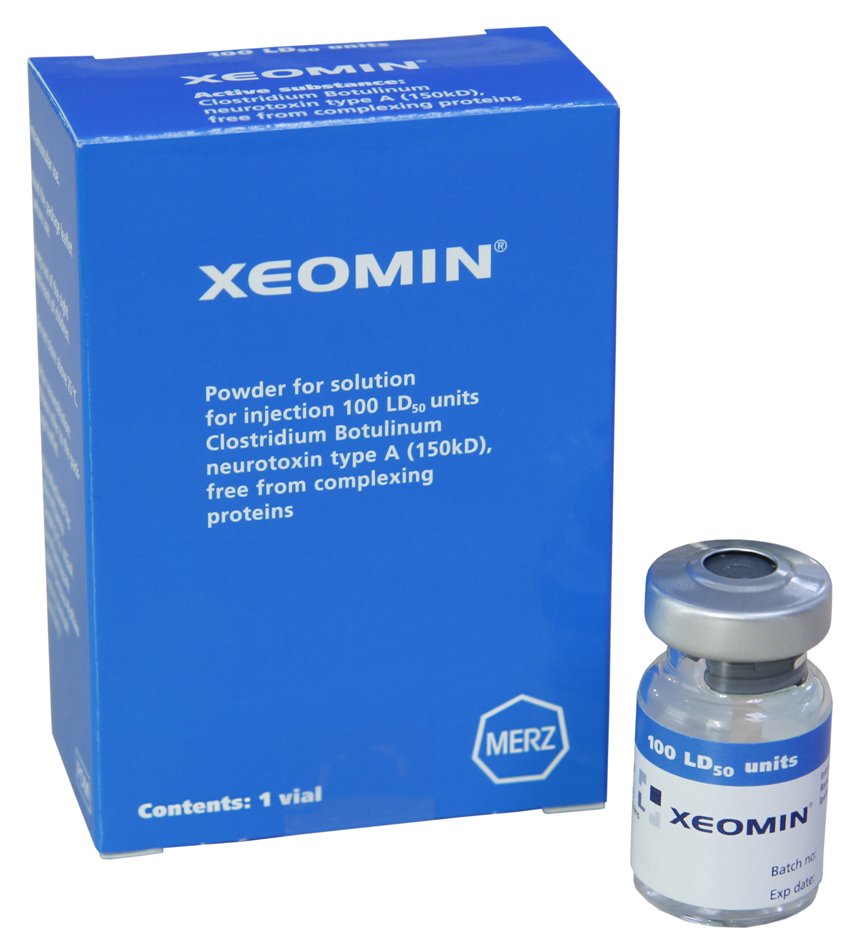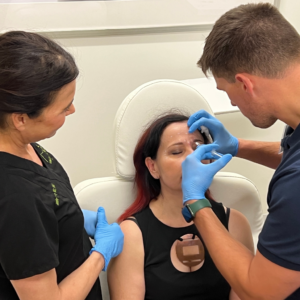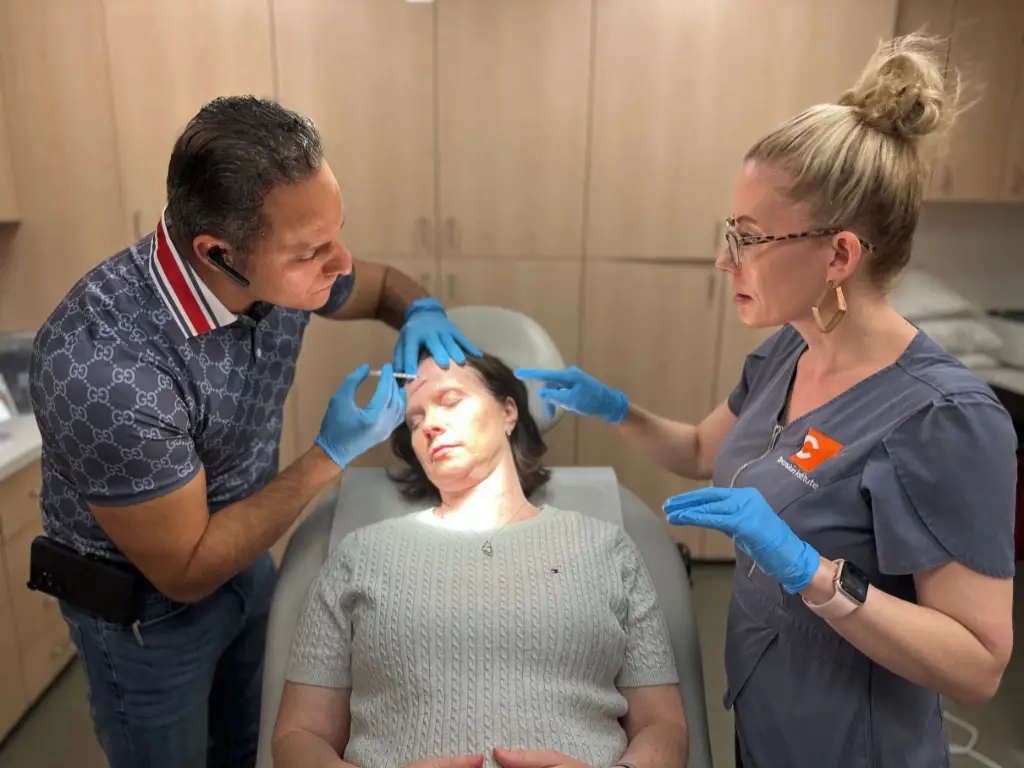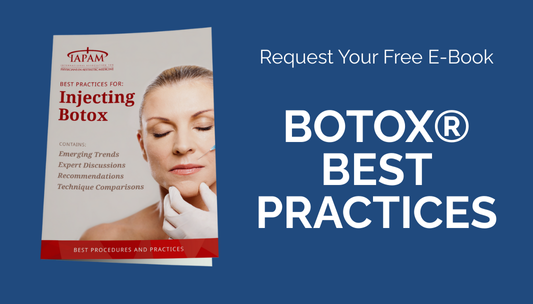
Starting an Aesthetic Practice? These 4 Pillars Can Set You Up for Long-Term Success
Starting an aesthetic practice can feel overwhelming — but it doesn’t have to be. These four essential pillars will guide you toward building a successful, independent, and sustainable aesthetic practice with confidence.





